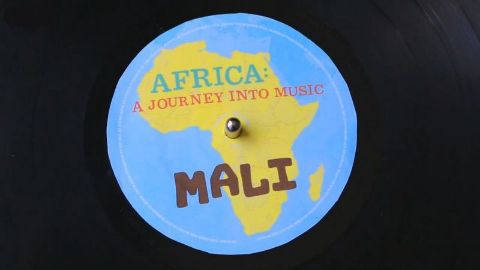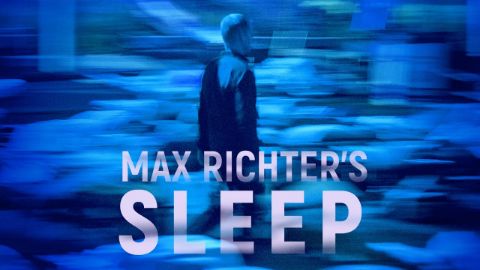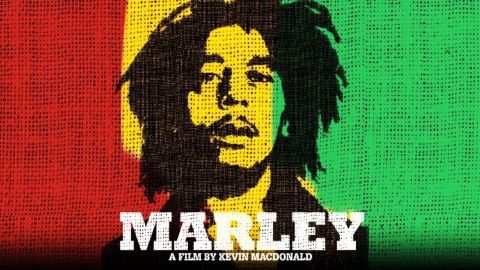Amy • 2016
Asif Kapadia's poignant and critically acclaimed documentary portrait of singer-songwriter Amy Winehouse, the English soul, jazz and R 'n' B phenomenon who died tragically before her time. Kapadia traces her volatile life and artistic success over the 13 years preceding her death from alcohol poisoning on 23rd July 2011, aged just 27. The documentary tells Amy's story via her music and autobiographical song lyrics, video footage shot by her friends and family, archive clips from TV appearances, plus voiceover interviews with people who were personally and professionally close to her. But, as the film progresses, the hope and promise of her early career is steadily undermined by the self-destructive chaos of alcohol and drug addiction and the pressures of a life lived under the intense focus of global media attention.
Make a donation
Buy a brother a hot coffee? Or a cold beer?
Hope you're finding these documentaries fascinating and eye-opening. It's just me, working hard behind the scenes to bring you this enriching content.
Running and maintaining a website like this takes time and resources. That's why I'm reaching out to you. If you appreciate what I do and would like to support my efforts, would you consider "buying me a coffee"?
Donation addresses
BTC: bc1q8ldskxh4x9qnddhcrgcun8rtvddeldm2a07r2v
ETH: 0x5CCAAA1afc5c5D814129d99277dDb5A979672116
With your donation through , you can show your appreciation and help me keep this project going. Every contribution, no matter how small, makes a significant impact. It goes directly towards covering server costs.





